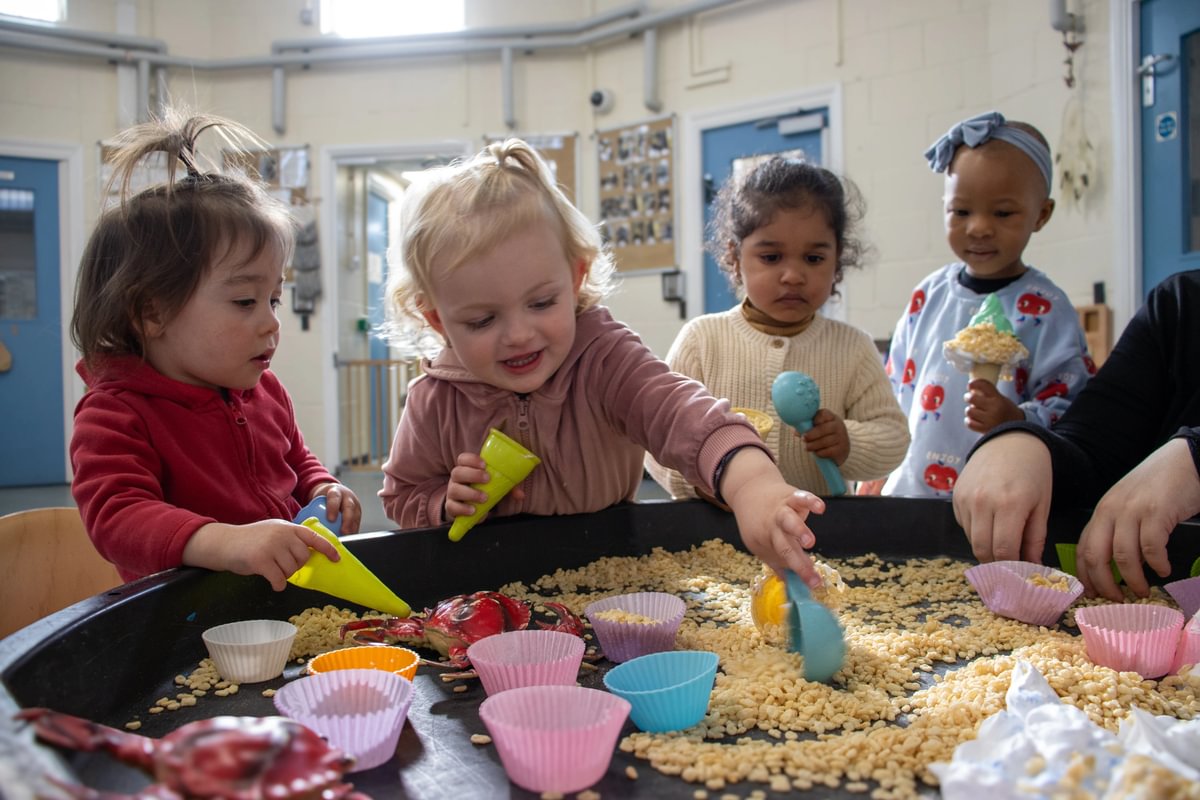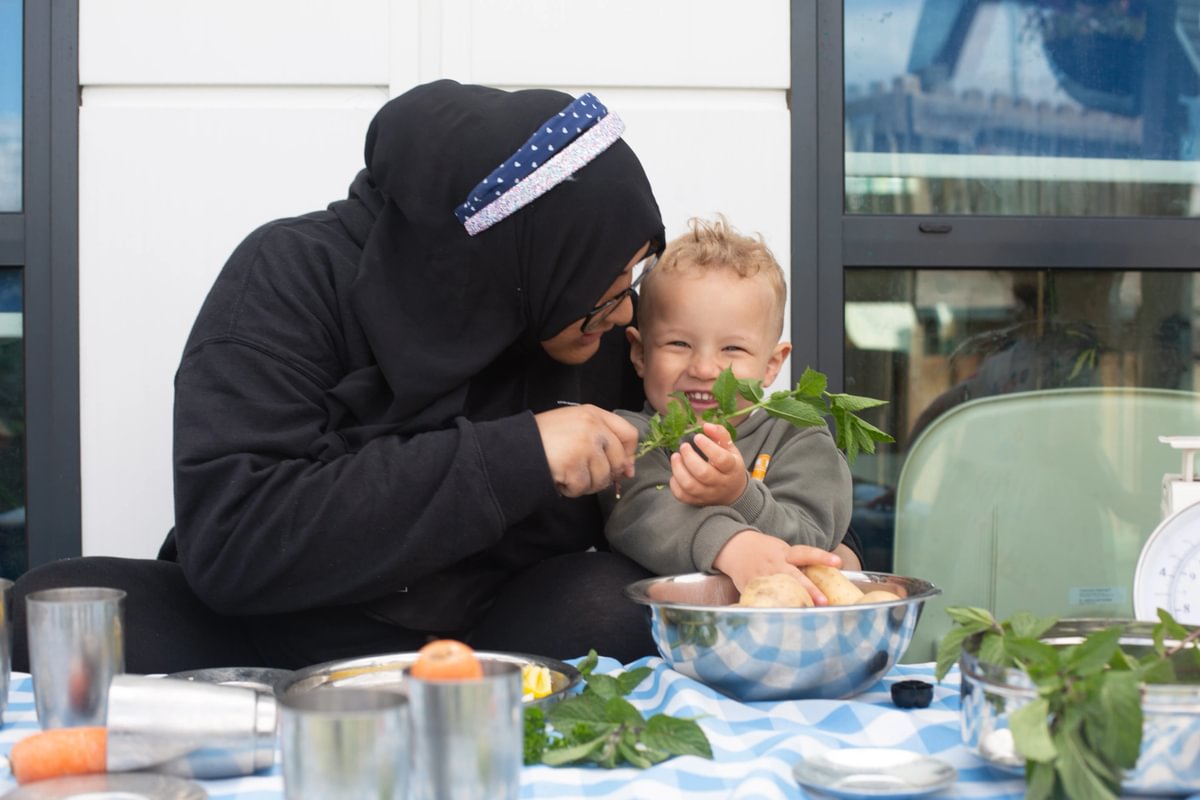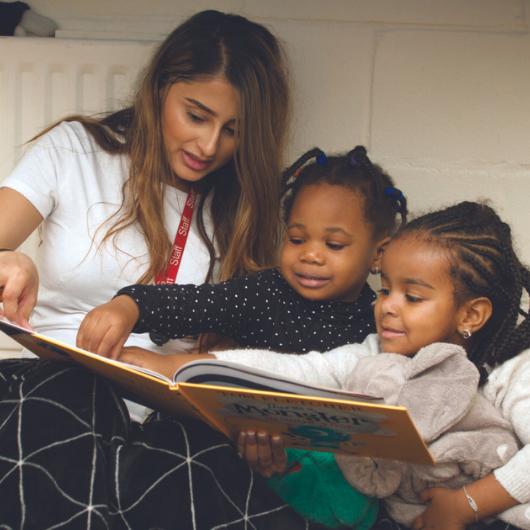
A Conversation with Ofsted: What we learned at the London OBC
On the 7th April, we held the London OBC and here is a summary for those of you who could not attend. We are trying something new,…
February 7th 2020
The consultation has closed and we now await the Government’s response to our feedback about the proposed changes to the EYFS and the Early Learning Goals. Do you remember we were not keen on a change to the EYFS and wondered as to its subtle purpose?
Did you read the report completed by Professors Christine Pascal, Tony Bertram and Liz Rouse from Crec on behalf of the sector? Do you remember that they found there was NO need to make any BIG changes to the EYFS. Read the full report Getting it Right for the Early Years Foundation Stage; a Review of the Evidence.
Maybe, the Government will accept the areas for improvement and reject the changes they have suggested? No one wants children from poor and disadvantaged communities to continue to under achieve so we need some modifications to Communication and Language and Characteristics of Effective Teaching and Learning. That is not the same as removing the goals of understanding from Language and Literacy goals and adding writing when we know that children should have a confident grasp of oral language and communication before being encouraged to write. The recommendation is that we place more focus on the broader concept of Early Years Mathematics which include space, shape and measures through lots of practice including real life and world contexts. It’s not just about number. The same recommendation was made for the use of expressive arts as one of the great routes to creativity and problem-solving (oh and shock horror; fun!)
They recommended that we pay more attention to how we support children’s personal social and emotional development and positive learning habits to help children identify their own learning approaches and therefore secure more effective learning. But cautioned against the simplistic introduction of self regulation goal which fails to reflect its complexity. Self-regulation is a much-misunderstood concept and one of the LEYF nurseries is involved in a piece of research with Professor David Whitebread from PEDAL based at the University of Cambridge. He noted that its often limited to “being able to control yourself”. This is a worry for children led and inspected by the ignorant.
The most important underpinning reminder is that we have clear understanding of pedagogy and what we mean by teaching so we lead the children to learn in an informed and relevant way. This is the very reason I changed my staff role titles to Teacher; so that we understand there are many ways to support learning and the science of play is central.
Julian Grenier’s blog describing the skills of the teacher as that of an actor able to play so many roles to respond to the child’s needs, their development challenges, the available resources and learning environment. Just as we know at LEYF, they advocate that children who start from a disadvantage need more time to practice, extend and consolidate learning.
One interesting response to the survey which was captured by Nursery World, is that the EYFS was not the reason staff are leaving, they are leaving because of “paperwork overload”. The respondents to the survey were clear that the excessive recording was the interpretation of Ofsted requirements to evidence children’s progress. This should resolve itself now that Ofsted has seen the light and rejected the managerialist approach they inflicted in the first place. Let’s abandon the pressure to do an “observation” rather than building the ability to note and scaffold a child’s interest and their disposition of learning with teaching opportunities. Its not just about the three Rs but weaving social competence with cognitive development that builds all the core skills for learning such as memory, concentration, attention and metacognition. Remember and display the Ofsted definition of teaching. Make it your mantra!
Call me a cynic but I am not overly hopeful we will be heard. So, we need to be coherent and clear as to how we respond to the changes that are more likely to reflect the personal ideology of Government ministers rather than considered independent evidence. Whatever happens we must not end up being complicit in pushing small children through a results-driven sausage machine. Speed and targets are not the mark of success for children. They make them unhappy and then they fail. Read the OECD report which notes the unhappiness levels of British children.

On the 7th April, we held the London OBC and here is a summary for those of you who could not attend. We are trying something new,…

The London OBC is coming on the 8th April 2025 We will be hosting it at Bain where we can take up to 100 people in person. This time…

Launching the Reading Rights Summit in Liverpool Last week, Booktrust (where I proudly serve as a Trustee) hosted the Reading Rights Summit. We were joined by special guests, the…